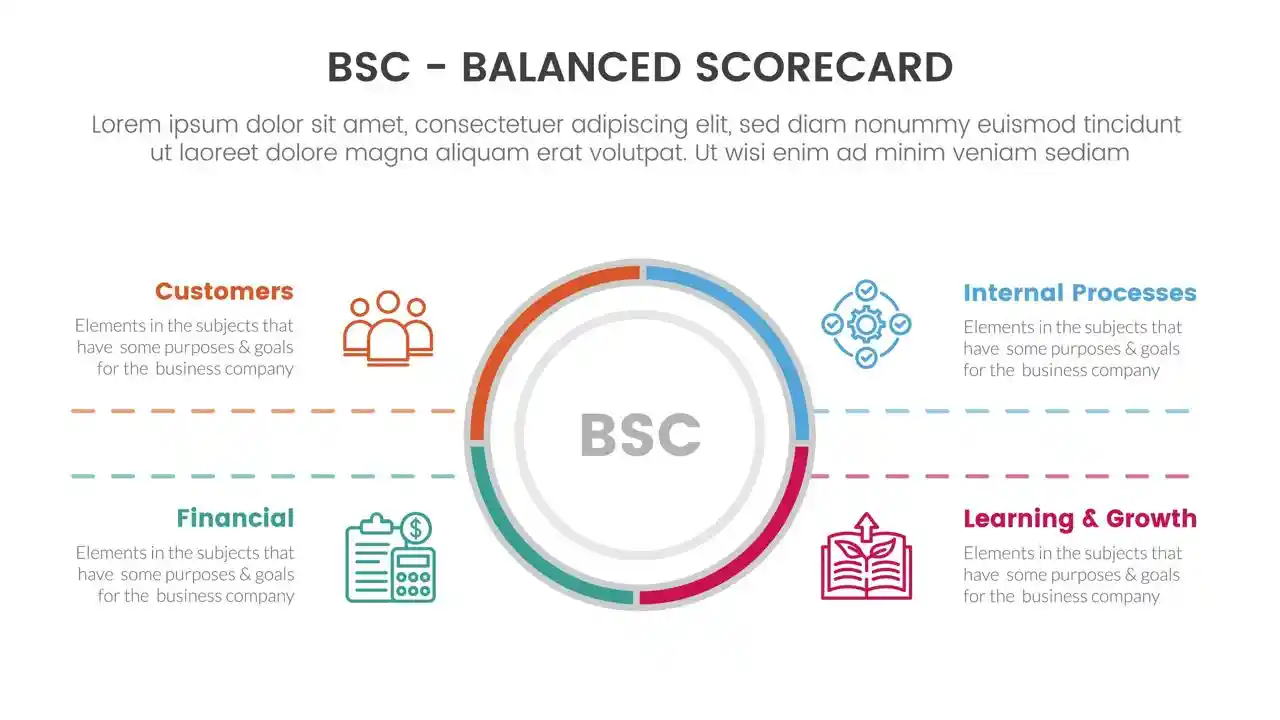Real Estate Regulatory Agency: Ensuring Transparency and Protection in the Real Estate Sector
The real estate industry is pivotal in driving economic growth and providing shelter to millions worldwide. However, this sector is often characterized by challenges, including a lack of transparency, fraud, and unethical practices.
In response to these issues, many countries have established real estate regulatory agencies to safeguard the interests of buyers, sellers, and other stakeholders. In this article, we will delve into the significance of a real estate regulatory agency and explore how it contributes to ensuring transparency and protection in the real estate sector.
Understanding the Role of a Real Estate Regulatory Agency
Definition and Purpose:
A real estate regulatory agency is an autonomous body established by the government to regulate and oversee the functioning of the real estate sector. Its primary purpose is to protect consumers’ interests and maintain the industry’s integrity.
Key Objectives:
The objectives of a real estate regulatory agency include establishing fair practices, preventing fraud and malpractices, enhancing transparency, and resolving disputes. The agency promotes trust and confidence among buyers and sellers by enforcing ethical and fair practices. It also aims to curb fraudulent activities, such as misleading advertisements, unauthorized constructions, and illegal land acquisitions.
Furthermore, the agency encourages transparency by making information easily accessible to the public, including property details, prices, and legal documentation. In disputes between buyers, sellers, or developers, the agency acts as a mediator and facilitates timely resolutions, saving parties from protracted legal battles.
Functions and Powers of a Real Estate Regulatory Agency
Registration and Regulation:
One of the primary functions of a real estate regulatory agency is to register and regulate real estate developers, agents, and intermediaries. It ensures that only qualified and reliable entities operate in the sector, reducing consumer risk.
Promoting Financial Integrity:
The agency is crucial in promoting financial integrity within the real estate industry. It monitors financial transactions, oversees escrow accounts, and ensures compliance with anti-money laundering regulations.

Consumer Protection:
Real estate regulatory agencies are responsible for safeguarding the rights of consumers. They enforce rules related to property disclosures, contract terms, delivery timelines, and quality standards, thereby protecting buyers from fraudulent practices.
Dispute Resolution:
To avoid lengthy court procedures, real estate regulatory agencies often have dispute resolution mechanisms in place. They facilitate the resolution of conflicts through mediation, arbitration, or adjudication, providing a cost-effective and efficient alternative to litigation.
Benefits and Impact of Real Estate Regulatory Agencies
Increased Transparency:
The presence of a regulatory agency ensures transparency in real estate transactions. Mandating the disclosure of property details, pricing, and legal documentation empowers buyers to make informed decisions.
Consumer Confidence:
Real estate regulatory agencies inspire confidence among buyers and investors. Knowing that a regulatory framework protects their interests, they are more likely to engage in real estate transactions, thus boosting market activity.
Professional Standards:
Real estate regulatory agencies promote and uphold professional standards within the industry through their regulations and oversight. This increases professionalism and ethical conduct among real estate developers, agents, and intermediaries.
Real estate regulatory agencies play a vital role in creating a transparent and protected environment within the real estate sector. By establishing fair practices, preventing fraud, enhancing transparency, and resolving disputes, these agencies contribute to the overall integrity and credibility of the industry. As consumers and investors gain confidence in the real estate market, the sector can thrive and contribute to sustainable economic growth.




